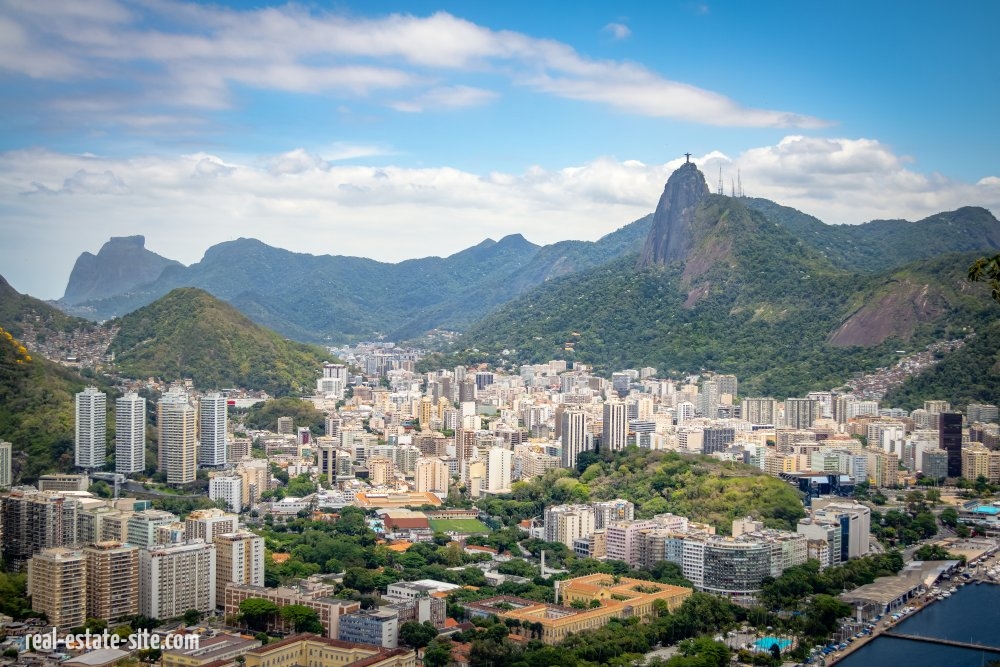Rio de Janeiro is one of the most populous cities in Brazil and is known for its beautiful beaches, iconic landmarks, and vibrant culture. The real estate market in Rio de Janeiro has been affected by a number of factors in recent years, including economic conditions, government regulations, and demographic trends.
In recent years, the real estate market in Rio de Janeiro has been relatively stable, with prices remaining relatively steady. The average price per square meter for a property in Rio de Janeiro is around R$8,000, which is slightly lower than the average for major cities in Brazil. This makes Rio de Janeiro a more affordable option for those looking to invest in the Brazilian real estate market.
One of the main factors affecting the real estate market in Rio de Janeiro is the city’s economy. Rio de Janeiro has a large service sector, which has been growing in recent years, and a thriving tourism industry. This has contributed to the city’s growing economy and created a demand for housing, particularly in the city center and other popular neighborhoods. However, the city has also been affected by high levels of crime, which can deter some potential buyers and investors.
Another factor affecting the real estate market in Rio de Janeiro is the city’s demographic trends. Rio de Janeiro is a sprawling city, with a large and growing population, which has led to a high demand for affordable housing in certain areas of the city. In response, the government has implemented measures to encourage the development of low-cost housing, including tax incentives and subsidies for developers. This has had a positive impact on the market, making it easier for people on lower incomes to find suitable housing.
However, the real estate market in Rio de Janeiro is not without its challenges. The city’s economy is heavily reliant on the service sector and tourism, which can be vulnerable to fluctuations in the global economy. In addition, the city has a relatively weak infrastructure, with limited public transportation options and a shortage of basic services, which can make it more difficult for some people to access housing.
Despite these challenges, the real estate market in Rio de Janeiro is generally positive, with prices expected to continue to rise in the coming years. The city’s growing economy, favorable demographic trends, and government incentives for affordable housing will likely continue to drive demand for properties in the area.
In conclusion, the real estate market in Rio de Janeiro is a good option for those looking to invest in the Brazilian property market. With relatively low prices and a growing economy, the city offers a unique and affordable opportunity for buyers and investors. However, as with any investment, it is important to carefully consider the local market conditions and factors that may affect the value of the property over time.

